
Slowly
but surely, James Foley is adding up a pretty interesting roster of
films. His most noteworthy picture is the ensemble piece GLENGARRY
GLEN ROSS, with Al Pacino, Kevin Spacey, Ed Harris, and a whole
other slew of big name stars. He also directed Marky Mark as the
psychopath boyfriend in FEAR, the badass Chow Yun-Fat in THE
CORRUPTOR, and Rachel Weisz and Edward Burns in the crime drama
CONFIDENCE. His next crime-filled picture is PERFECT
STRANGER, and it features the lovely
Halle
Berry
, the tough-as-nails Bruce Willis, and the quirkily charming
Giovanni Ribisi. You can check it out this Friday, April 13, 2007,
or better yet, read our interview with the man below, right now!
James
Foley

Did
it feel good, finishing the movie?
I
went out and splurged right when I got back, because when you direct
a movie you feel rich for like one day. Because, you know, you’ve
gotten all your money, but then you realize that you get your
monthly statement from your business manager and every month it goes
down and down. And you’re unemployed and you have no idea if you’ll
ever get a job again. So you don’t know if you’re rich or not,
because if you get paid a million bucks and you do your next movie
right away – the next year – then you’re making a million bucks
a year. But if you wait three years, you’re only getting $300,000 a
year.
So
does that make you less selective about your movie choices?
I’m
extremely selective. I learned early on that if I didn’t find myself
in the project, I didn’t want to do it. And by that I mean, ‘Where
is myself?’ And it’s in
Halle
‘s character. I feel in many ways – I can be psychoanalyzed why
– I just feel a kinship with her character. And I love her. And I
don’t care what she does, and I understand her behavior no matter
what she does. I understand the twisted logic of why she takes a
certain action. And it’s the best performance of any movie I’ve ever
made. There’s a layer that’s so interesting because Halle Berry is
playing a character, [and] that character is acting she’s a
different character, so you have to [make] people believe this new
character she invented – that the character is acting – but you
can’t let the audience see that this character is acting. But she
has to be. And that was a real magic trick.
And
when you see it, there are – people say this too often sometimes
– but I really think there’s reason to see this movie a second
time, because there are millions of little moments that could be
interpreted one way or another. I purposely left things ambiguous.
Something as simple as Halle coming in with Giovanni to Halle’s
kitchen and Halle’s in one room and Giovanni’s in another, and
Halle’s taking off her hat and she stops, and she starts thinking
about something. And we have no idea what she’s thinking about. But
it’s a long pause. And then she blurts out a question to Giovanni,
and then Halle can’t see Giovanni, but Giovanni’s reaction is like,
‘Uh oh. This is complicated.’ And you have no idea at the point why
it’s complicated, but you know that something more is at hand and
what the first level of reality is. There are secrets.
You
say Halle gives the best performance in anything you’ve done. How do
you think your ‘Glengarry’ cast would feel about that?
They’d
have to accept it. [Laughs] You know, you have to have the material,
and for some reason Halle Berry was meant to play this part, and I
really can’t imagine anyone else, because she has an incandescent–
and I hate the publicity where the director says, ‘Ohhh, I love the
actor.’ I don’t love every actor I’ve ever worked with. But I sure
as hell love her. No matter what she does – the audience in our
screening and research, her scores are always like 98% likable. And
she does things in the film that another actor may not get away with
and still be likable. And she’s got that factor, whatever it is,
I’ve never encountered before. She has it in person. She’s the same
as Halle as when you talk to when you’re hanging around on a movie
set. There’s nothing calculated about her. What you see is what you
get.
As
a director, how do you prep the actors for their scenes?
My
method of rehearsing is to not do scenes – act out scenes – but
to clarify the character and how the dots are connected. But to do
it in an off-handed social way, like go to dinner and talk about
something else for half the time, and then get an idea about her
character – or she gets an idea. And over a period of time, I
always like when the actors can come early. And rehearsal is
sometimes going to lunch, or just hanging out and walking the
streets. So by the time you go to shoot it, first of all you have a
relationship that’s just a little bit personal – you’re very
comfortable with each other.
In
Bruce Willis’ big scene, where he throws down the guy from his
office. Did you just let him go?
No,
you can’t let him go, because practical reasons – people’s bones
get broken. That came about very simply, it was written in the
script that he kicked him out of his office, it wasn’t specific how
exactly. But me and the stunt guy and Bruce just looked around at
the set and what he had to do and how he could use the objects on
the set to make the stunt believable and organic to the story – as
if all of a sudden we’re not changing the story to have this sudden
outburst from Bruce.
How
many takes for that scene?
Two.
It’s funny, people talk about violence in movies and stuff like
that. But on the day we did that, the whole crew and all the other
actors crowded around – they all wanted to watch. Wanted to watch
the action, and wanted to see Bruce Willis do a little bit of his
thing.
What
made you want Bruce in the film?
I
liked him personally. I met him – he actually read for a part in
‘At Close Range’, and was rejected. And he was from Jersey and at
that time he hadn’t even gotten the show yet.
‘Moonlighting’?
Yeah.
And we had a long conversation at the party, and saw each other a
bunch of times socially. So when we got together now, we had that
little history that made it easier to communicate stuff. He’s
certainly different in certain ways since being rejected for ‘At
Close Range’ to the position he wound up being in. He’s a supporting
player, and he was absolutely comfortable with that. He made no
attempt to add to his character, or add more scenes, or this or
that.
Do
you know what you’re going to be doing next?
No
I don’t, but I really wanna do it now. This movie turned me on to
wanting to make movies, and kind of rejuvenated a – not a mid-life
crisis – but a kind of rebirth, that all of a sudden I’m excited.
Like you felt in film school. ‘I wanna grow up and be a movie
director.’ And I kind of feel that way now.
You
weren’t before?
I
was excited in the beginning, and then you make five or six films
and the glamour of it fades away. But something about making this
movie – the process it went through – was so different than
anything else I had done, that it opened doors in my head of doing
all sorts of things. And I think a director should be open, and it
should be a natural process that he get better with each film –
that he learns something. And nobody would ever admit to that or
talk about that, because a studio doesn’t want to hear, ‘Well he
want to do it because he wants to learn.’ But you really do learn.
And you learn the most in the editing room, when you see the
consequences.
Would
you do a sequel to this?
If
Halle Berry was in it I would.
Are
there any particular genres of film you’re eager to explore?
This
is in the direction – my favorite film of all time is ‘A Place in
the Sun’. And my favorite film moment is the close-ups of Liz Taylor
in ‘Monty Clift’ [i.e., ‘Montgomery Clift’] when they’re about to
kiss. And ‘A Place in the Sun’ is such a great movie, because – I
think that there’s actually a genre which is the ‘Hollywood film.’
And it’s known around the world, and it’s popular. So, there’s
something about it – about the production value of it – and the
aesthetic, you know, beauty of it. I think the worst thing that
happened to films is when studios started art divisions. So if a
movie came in and it was about a drama – about characters –
well, put it in classics or something. And this is a movie I think
is really outside the mainstream – or, is in the mainstream but
has a sort of stealth, that I call ‘stealth art film,’ weaved into
it. And it makes an interesting combination.
There
was a lot of advertising in the film, with Victoria’s Secret and
such…
The
movie is about an advertising agency. So when you show that, they’re
doing their work, what are they selling? Brand X of something? So we
went around, and it was very hard to get permission – you ask
permission for the real thing. For Adidas and for Victoria Secret,
and we didn’t get paid a cent, and in some cases we had to pay. So
there’s no product placement. It’s just real. It would be ridiculous
if you saw the ad agency and they were selling something anonymous.
It wouldn’t have the kind of veracity I think it does.
How
was it to shoot at Ground Zero (the site of the former New York
World Trade Centre)?
That
was an experience I’ll never forget, because you go on location
scouts and you’re going to find Bruce’s company and there’s this
building that’s just being finished, they tell me. So I just get in
the van, and I don’t pay attention to where we’re going, and I go in
the building. And it’s great space and I really like it, and then I
walk to one side of the building and I look down, and [gasps].
Because the pit was right there! And it just so shocked me, for half
a second I thought, ‘We can’t shoot here. The presence of 9/11 will
just be in our face.’ But that wasn’t true at all. After people had
their initial reaction, it didn’t affect anything… except making
me mad that they haven’t started the new structure. But that’s a
different subject.
Got
questions? Got comments? Send me a line at: [email protected]
.




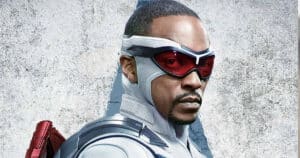
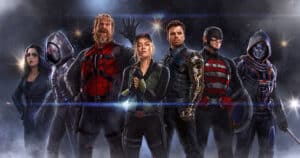


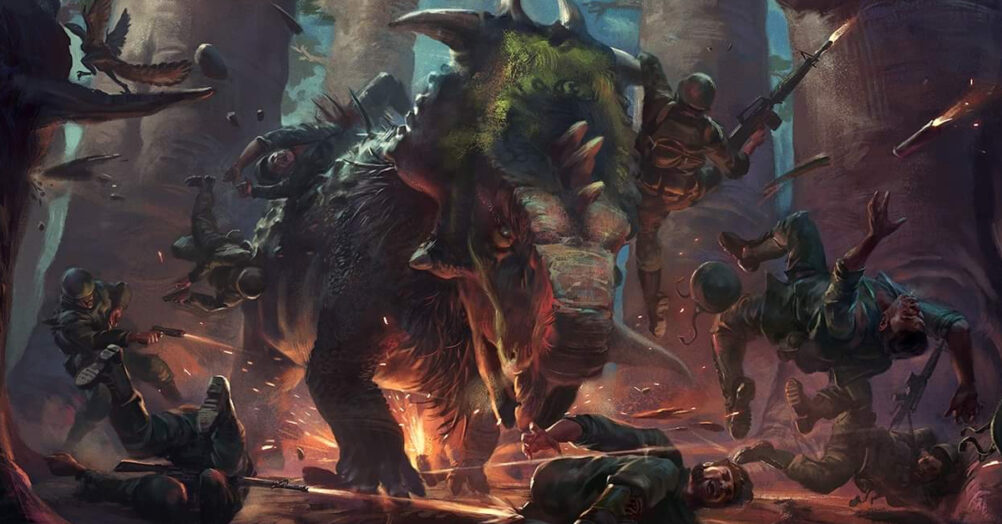




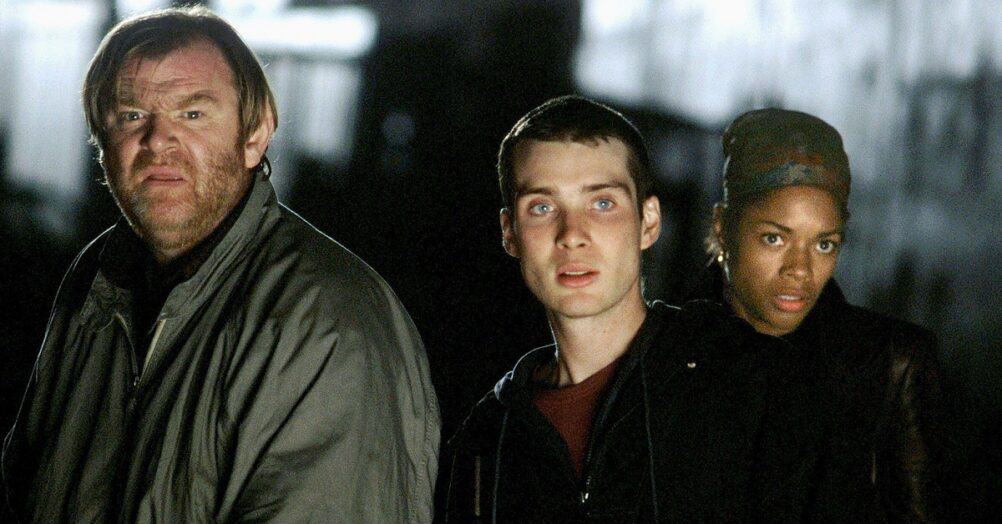
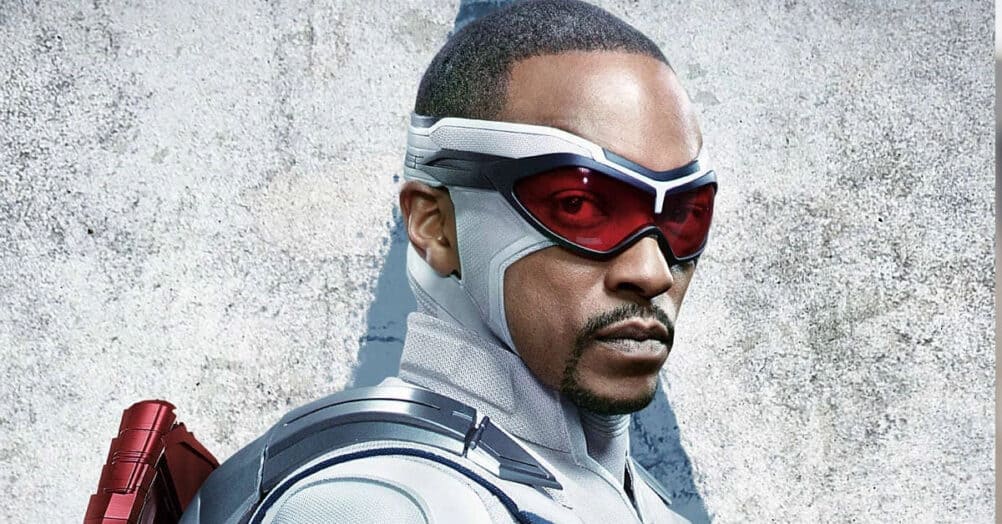

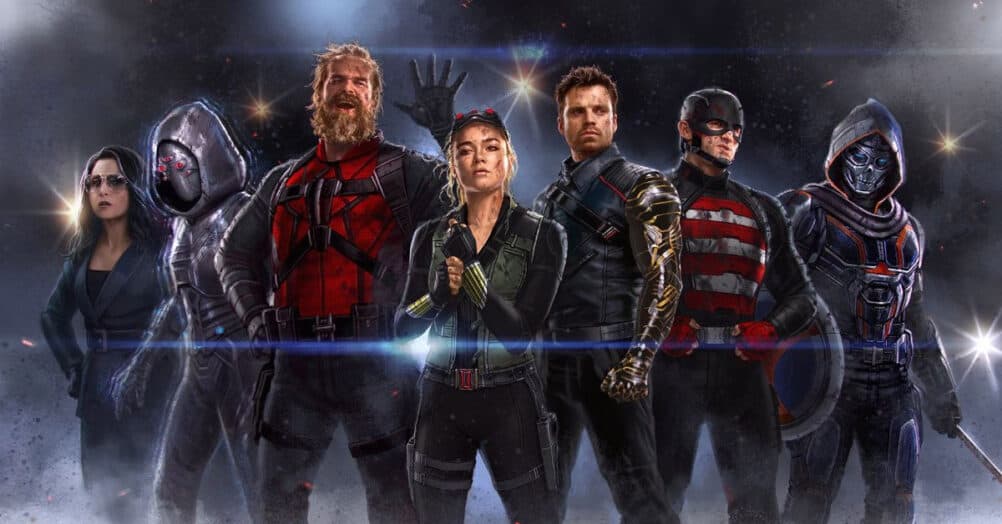
Follow the JOBLO MOVIE NETWORK
Follow us on YOUTUBE
Follow ARROW IN THE HEAD
Follow AITH on YOUTUBE